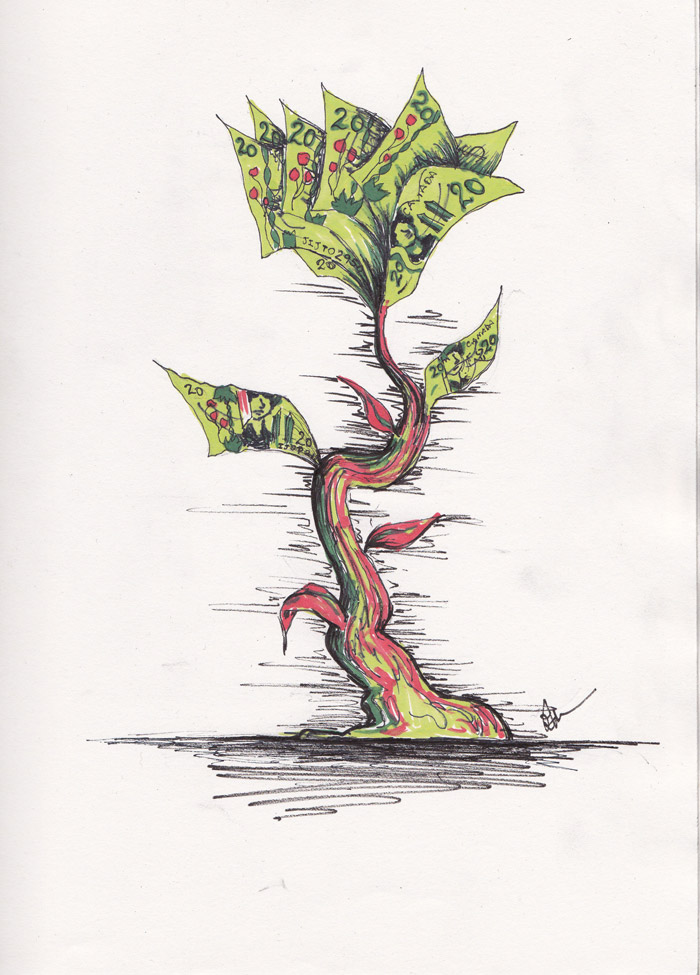McGill University Advancement, which promotes the university through fundraising and alumni-engaging activities, launched an online crowdfunding initiative named Seeds of Change in May 2014, which has since raised more than $50,000 and funded nine projects.
“We wanted to help students to get the exposure they need to maintain and expand their worthwhile projects,” reads the McGill Seeds of Change program’s website.
Projects currently seeking funding through the website include four varsity athletics teams. Traditionally, varsity teams receive financial support from McGill Athletics and through alumni booster groups. According to Samantha Rogers, development and alumni relations at McGill Athletics, funding from alumni has significantly decreased for many teams.
“Some of the older, traditional teams like men’s hockey and football already have a huge donor base and support network amongst alumni,” Rogers explained. “It’s the smaller teams that need more immediate assistance because […] a lot of those [booster] groups have died down.”
For Martlet soccer Head Coach Jose-Luis Valdes, whose squad has created the Warrior Women project, the additional funding will be primarily for team-building portions of trips.
“[We] need the funding for four extra days where we’ll play Division I and Division II schools,” Valdes explained. “These extra few dollars that we are fundraising for [equates to] the possibility of leaving for seven days and [focusing] on team-building and not having to spend it all on buses […] and coming back home.”
Another of the projects currently seeking funding is the Quartier de l’Innovation (QI) Projects Fund. The campaign is led by the student working group at the QI, whose goals are to promote the concept of the QI, an extensive McGill-backed project in Southwest Montreal.
“We hope that the fund will create resources for professors and students to apply to if they have innovative projects for the [QI] district,” said Chloe Vadot, U3 Arts, a member of the QI student working group. “This crowdfunding campaign is really the preliminary step where we’re hoping to hire an intern to develop a strategy to create the fund.”
McGill is not alone in its university-led crowdfunding initiatives. The University of Alberta and Carleton University have both launched similar programs to promote student projects and scholarships. On a broader scale, companies such as Indiegogo, Kickstarter and Experiment—formerly known as Microryza—have moved into the crowdfunding market.
Peter Younkin, an assistant professor specializing in strategy and organization at the Desautels Faculty of Management, attributes the rise in crowdfunding to lower capital costs and the proliferation of technology.
“There’s two parallel trends, the first of which is a dramatic growth in entrepreneurship in general […] driven by lower costs of capital,” Younkin explained. “Technology has gotten a lot cheaper so it’s easier for people to put together these sites and distribute content internationally in a way that wasn’t really feasible 10 years ago.”
While platforms like Indiegogo and Kickstarter are for consumer-based initiatives, McGill’s platform is primarily for students. Experiment is for research-based funding—a trend that Younkin stated may be troubling in the light of decreased government funding for research. “I don’t anticipate that taking off across the spectrum,” Younkin said. “It might be useful for people studying pharmaceuticals, biotech products [but…] if people start using it to fund research then the government might say we don’t need to give more money to research.”
According to Vadot, much of the value added by Seeds of Change is its relationship with the university.
“There’s a lot of other crowdfunding platforms that exist but using one that’s really rooted in McGill gives us access to a huge alumni network,” Vadot said.
For those in Athletics such as Valdes, varsity teams’ partnership with Seeds of Change can have a tremendous impact. He acknowledged that although varsity teams do get funding from McGill Athletics for team-building and off-season activities, additional support is required.
“‘Friends of McGill Soccer’ [was] never a very active group,” Valdes said. “Now, [after collaborating with Seeds of Change,] we’re getting more interest than we’ve ever had before and gotten more funding in the last two weeks than we [had] in the last two or three years.”









